Learn about Bachelor of Commerce eligibility criteria and fee structure. Start your journey to a prosperous future today
Eligibility & Fee Structure for Bachelor Of Commerce course
A Bachelor of Commerce (B.Com) is a popular undergraduate degree program that focuses on various aspects of commerce, business, and finance. It provides students with a strong foundation in accounting, economics, management, finance, and related subjects. If you're interested in pursuing a B.Com degree, it's essential to understand the eligibility criteria and fee structure. In this article, we'll delve into these aspects in detail.
Eligibility Criteria for B.Com:
The eligibility criteria for a B.Com program can vary slightly from one university or college to another. However, there are some common requirements that most institutions adhere to. Here is a general overview of the eligibility criteria for a B.Com program:
-
Educational Qualifications: Candidates should have completed their 10+2 education (or an equivalent examination) from a recognized board or institution. The academic stream followed at the 10+2 level should be relevant to commerce or business studies. Typically, this includes streams like Commerce, Science, or Arts with Mathematics or Economics as subjects.
-
Minimum Percentage: Many colleges and universities have a minimum percentage requirement for admission to B.Com programs, usually ranging from 45% to 60%. However, the actual cutoff can vary depending on the institution and the region.
-
Entrance Examinations: Some universities may conduct entrance examinations for B.Com admissions. These exams assess a candidate's knowledge and aptitude in areas like mathematics, economics, and general awareness. Institutions like Delhi University in India, for example, have such entrance tests.
-
Age Limit: While there is generally no specific age limit for B.Com admissions, it's essential to check with the specific institution you're interested in, as some may have age restrictions or preferences.
-
Reservations: In many countries, educational institutions follow a reservation system that allocates a certain percentage of seats to specific categories such as SC/ST/OBC and others. Eligibility criteria and seat allocation for these categories may differ, so it's crucial to check the specific reservation policies of the institution you're applying to.
-
Language Proficiency: Proficiency in the medium of instruction (usually English) is essential. Some universities may require candidates to clear language proficiency tests like the IELTS or TOEFL, especially for international students.
Fee Structure for B.Com:
The fee structure for a B.Com program can vary significantly based on several factors, including the country, the university or college, the location of the institution, and whether the student is a domestic or international applicant. Below is a breakdown of the various components that make up the fee structure for a B.Com program:
-
Tuition Fees: Tuition fees are the core component of the fee structure and can vary widely. Public universities generally have lower tuition fees for residents (in-state or in-country students) compared to international students and private institutions. The reputation and ranking of the university may also influence tuition fees.
-
Hostel and Accommodation Fees: If you plan to stay in a hostel or campus accommodation, you will need to pay additional fees. The cost of accommodation can vary based on factors like room type, location, and the amenities provided.
-
Books and Study Material: Students will need to budget for textbooks, reference materials, and other study-related expenses. The cost of books can vary depending on the course and the availability of second-hand or digital options.
-
Examination Fees: Universities often charge examination fees for each semester or year. These fees cover the cost of conducting exams and evaluating answer sheets.
-
Miscellaneous Fees: This category includes various charges such as registration fees, library fees, sports fees, and other miscellaneous expenses. These fees can add up, so it's essential to consider them when planning your budget.
-
Scholarships and Financial Aid: Many universities offer scholarships and financial aid programs to eligible students. These can significantly reduce the overall cost of education. It's advisable to research and apply for scholarships that align with your qualifications and interests.
-
Additional Costs: Additional costs may include transportation expenses, personal expenses, and any extracurricular activities or clubs you choose to participate in during your studies.
-
International Student Fees: If you are an international student, you may be subject to additional fees, such as visa application fees, health insurance, and a one-time international student fee.
 3 Years
3 Years
 Under Graduate
Under Graduate
 Commerce
Commerce

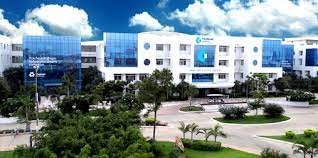

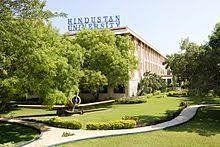
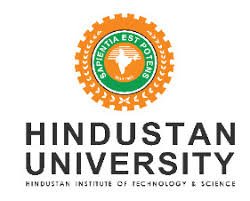
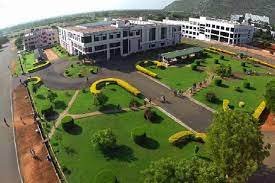
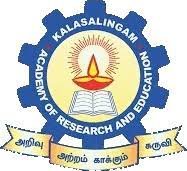
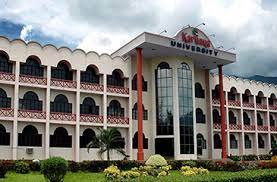
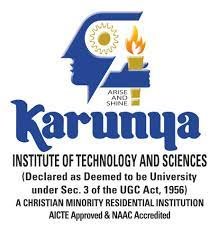
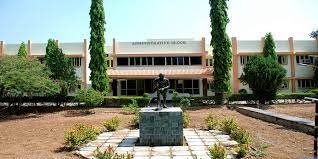
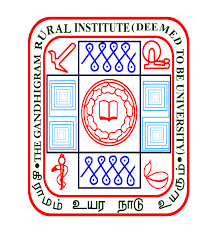
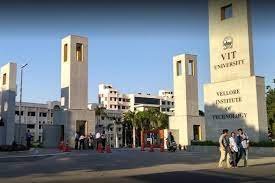
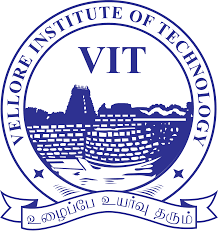

 back
back